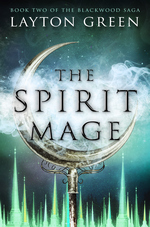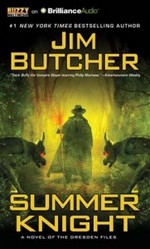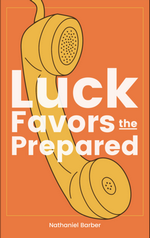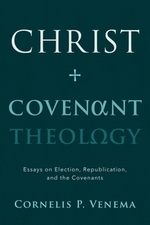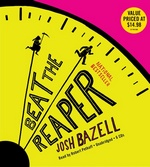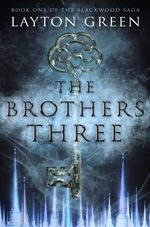 Prayer
Prayer
by Ole Hallesby
Papberback, 176 pg.
1994 (originally 1931), Augsburg Fortress
Read: September 3 – 10, 2017

The section from Calvin’s Institutes on prayer is fantastic, Wistsius’ book is incredibly helpful, Luther’s little A Simple Way is pretty good, as is Matthew Henry’s Method, but none of them have been as much help as this little book by Norweign Lutheran Ole Hallesby (at least that’s my guess, I’ve had years to chew on those others, only a couple of weeks for Hallesby). I heard of the book briefly on an episode of Christ the Center this summer, and then they devoted an entire episode to it later — I was halfway through the book when that second episode was posted, thankfully, they didn’t say anything that spoiled the ending. If not for those podcast episodes, I probably would’ve gone my whole life without ever hearing of this book. That would’ve been a shame.
He doesn’t set out to write a comprehensive book on the subject, or a systematized theology of prayer, but to present “a few simple rules for the benefit of souls who are fainting at prayer.” It’s not much of a rule book, thankfully, as much as it wants to be — more like a collection of helpful suggestions.
Hallesby describes two things that make up the attitude of prayer — helplessness and faith. Faith that Jesus can and will answer our prayers and a realization that we are helpless and need him to even pray. What he writes about helplessness is worth the price of the book alone. I think it’s changed the way I pray already. I would quote a bit of it here — and I started to, but I wasn’t sure where I’d stop. So let me just encourage you to grab the book.
I also really appreciated his discussion of how we “think we must help God to fulfill our prayer,” by giving Him lists of suggestions for how to and times when He can answer us. Instead, we are to faithfully pour out our need to Him, and then trust that He will answer as He sees best. I’d really never thought of it in those terms but we really can end up trying to tell God the best way to go about helping us — which flies in the face of our admitted helplessness in a given situation.
Hallesby covers the work of prayer, the struggles we may have in it, some suggestions for how to learn to pray better, as well as giving some answers to common questions about prayer (that seem to be the same questions I hear others having almost 100 years after this book was written, probably questions believers had 100 years before that, too). Throughout the book, you get a strong sense of a pastoral heart behind the words and advice, which makes it all much easier to heed.
It’s not a perfect book by any means — most of my problems have to do with the fact that I’m not a Lutheran, nor a Pietist. So, anything that leans too heavily on those traditions/characteristics are obviously going to at least raise my eyebrows, but on the whole those aspects of the book are quibbles. For example, his definition of prayer involves letting God help us, or his aversion to pre-written prayers (that one has many allies in my own tradition, so it is more of a note than anything). More substantial concerns are his utter lack of reference to — much less use of — the Psalms or the Lord’s Prayer. A book on prayer that doesn’t even touch on those is mind-boggling. None of these concerns or quibbles detract too much from the book — and they’re certainly outweighed by the help the book gives.
Pound-for-pound, the best book on the subject I’ve read. Easy to read, encouraging, convicting and insightful. Highly recommended.
—–






